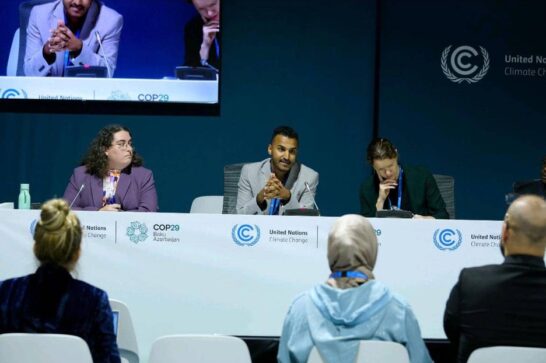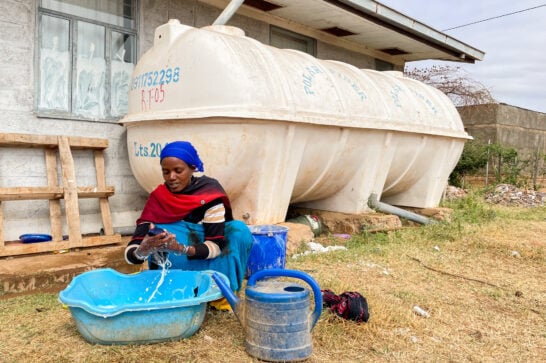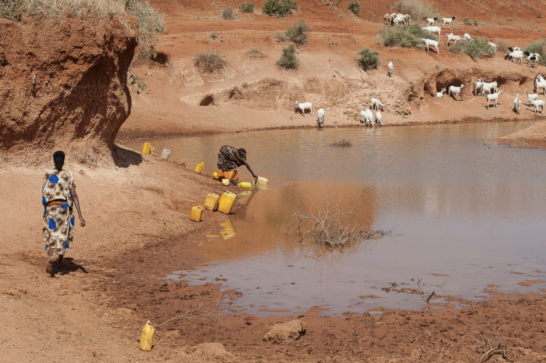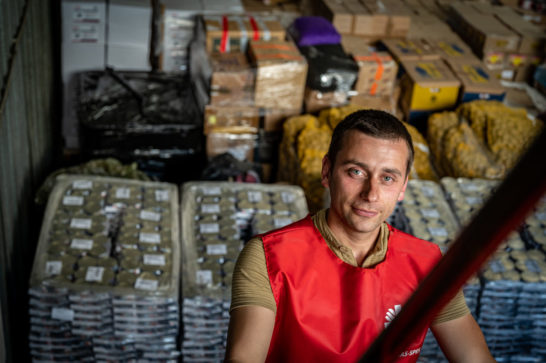What is climate justice?
Climate justice is about ensuring fairness and equity when tackling climate change and its impacts. Climate action—such as mitigation efforts to reduce greenhouse gas emissions and financing climate adaptation measures—should be the main responsibility of those who contribute the most to global warming: the wealthy, industrialised economies. Climate change impacts people living in fragile and conflict-affected settings the most, yet they have contributed the least to global warming.
Climate justice isn’t just about moral responsibility; as the UN Human Rights Council declared in October 2021, supporting those affected the most is mandatory under international law.
The principles of climate justice
Based on the principles of equity, human rights, and responsibility, climate justice links environmental, economic, social, and intergenerational justice.
Environmental justice
Although climate change concerns everyone, its causes and effects are unevenly spread. The people contributing the least to climate change bear the brunt of the world’s most polluting economies.
Economic justice
A fair distribution of the costs and benefits of transitioning to a low-carbon economy is needed. The costs of climate action should not fall disproportionately on those least able to afford them.
Social justice
Climate policies and programmes have to accommodate the diverse needs and perspectives of all communities, especially those that have been historically marginalised.
Intergenerational justice
Current generations are responsible for ensuring future generations inherit a sustainable, liveable planet.











